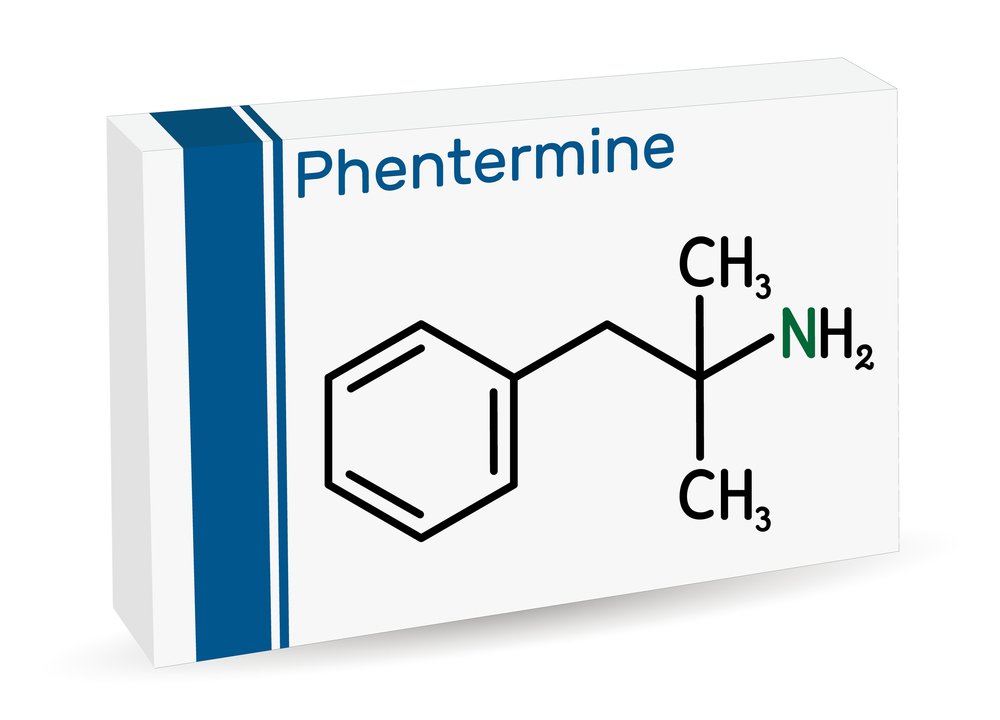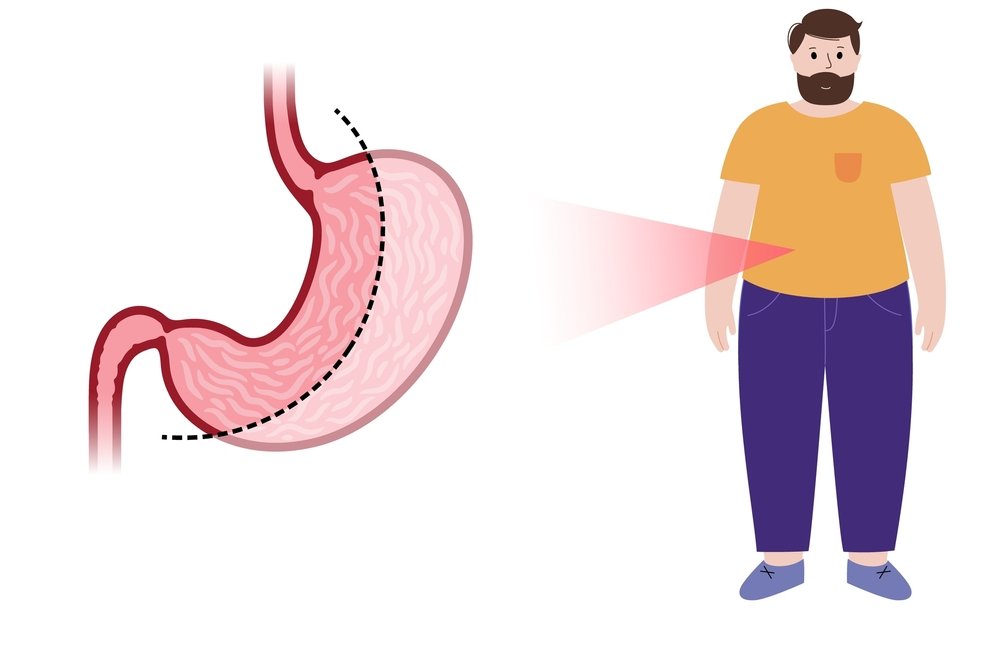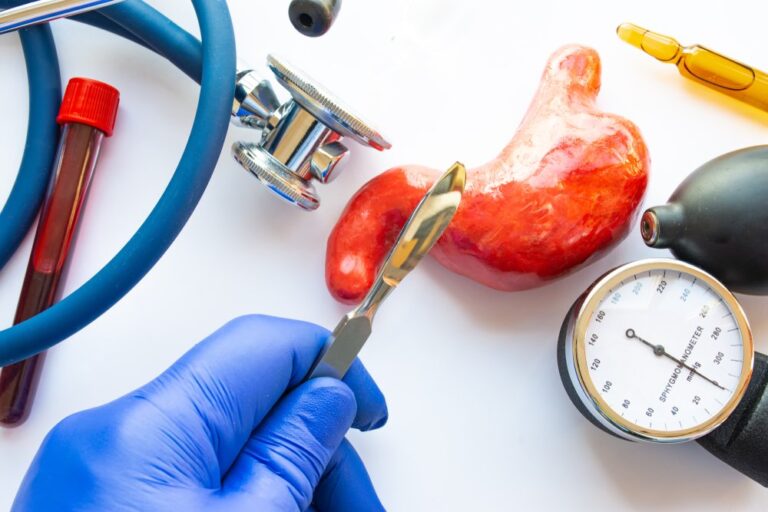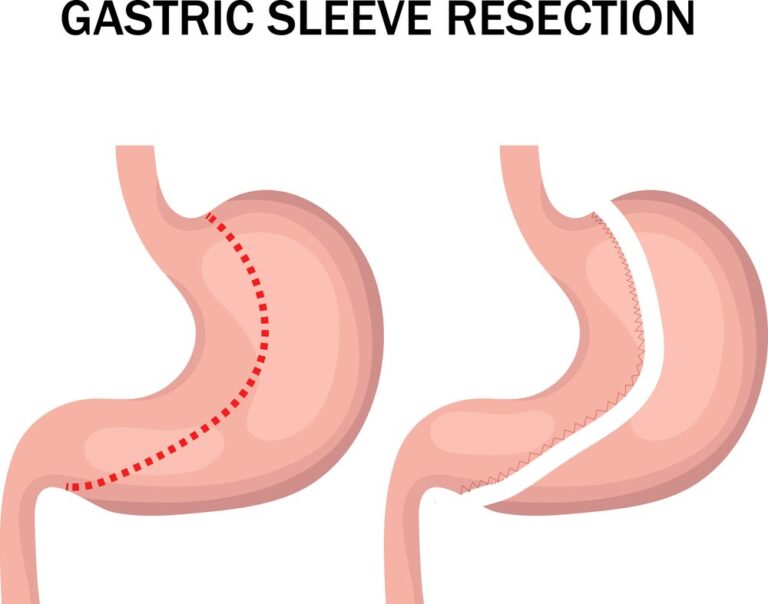Yes, it is possible to take Phentermine after gastric sleeve surgery. However, it is essential to consult with your healthcare provider for personalized advice and guidance. They will consider your individual circumstances and help determine if Phentermine is suitable for you post-surgery. Always follow their recommendations to ensure your safety and optimal weight loss journey.
Get a $1000 Off on Gastric Sleeve in Miami
Overview of Phentermine as a Weight Loss Medication
Phentermine is a commonly prescribed weight loss medication that belongs to a class of drugs known as sympathomimetic amines. It works by suppressing appetite and reducing hunger cravings, making it easier for individuals to adhere to a reduced-calorie diet.
Phentermine is typically prescribed for short-term use, usually a few weeks or months, as part of a comprehensive weight loss program that includes dietary changes, exercise, and behavioral modifications. It is primarily recommended for individuals with obesity or overweight conditions who have not achieved significant weight loss through lifestyle changes alone.
As an appetite suppressant, Phentermine stimulates the release of certain chemicals in the brain that control appetite and satiety. This can help individuals consume fewer calories and ultimately promote weight loss.
Common Uses and Effects of Phentermine
Phentermine is primarily used as a short-term treatment for weight loss in individuals with obesity or overweight conditions. It is typically prescribed as part of a comprehensive weight management program that includes dietary changes, exercise, and behavior modifications. Phentermine is prescribed when other weight loss measures, such as lifestyle changes alone, have not been successful in achieving significant weight loss.

Effects:
- Appetite suppression: Phentermine works by suppressing appetite and reducing hunger cravings. It stimulates the release of certain chemicals in the brain that control appetite and satiety, helping individuals consume fewer calories and adhere to a reduced-calorie diet.
- Increased energy: Phentermine can lead to increased energy levels, which may contribute to improved motivation and physical activity. The medication stimulates the central nervous system, resulting in heightened alertness and reduced fatigue.
- Weight loss: The primary goal of using Phentermine is to promote weight loss. When combined with lifestyle changes, the medication can aid in achieving a calorie deficit and facilitating weight loss in individuals with obesity or overweight conditions.
- Short-term use: Phentermine is typically prescribed for short-term use, usually a few weeks or months, to minimize the risk of dependence and tolerance. It is not intended for long-term use due to its potential for abuse and addiction.
- Side effects: Phentermine can have various side effects, including increased heart rate, elevated blood pressure, dry mouth, insomnia, restlessness, irritability, and gastrointestinal disturbances. These side effects should be monitored and reported to a healthcare professional.
Potential Benefits and Risks of Phentermine Use
| Potential Benefits | Potential Risks |
|---|---|
| – Effective weight loss | – Side effects such as increased heart rate, elevated blood pressure, dry mouth, insomnia, and mood changes |
| – Increased motivation and energy | – Potential for dependence and tolerance |
| – Improved health markers (blood pressure, cholesterol, blood sugar) | – Cardiovascular risks for individuals with heart disease or uncontrolled hypertension |
| – Psychological benefits (improved self-esteem, well-being) | – Drug interactions with certain antidepressants and MAOIs |
| – Limited long-term safety and efficacy data |
It’s important to discuss the potential benefits and risks of Phentermine use with a healthcare professional. They can assess your individual situation, consider any pre-existing conditions or medications, and provide guidance on the appropriate use of Phentermine for weight management.
Potential Side Effects and Interactions with Phentermine
Phentermine is a widely prescribed medication used for weight loss. While it can be effective in aiding weight loss efforts, it is important to be aware of its potential side effects and interactions. This article aims to provide accurate and original information about the potential side effects and interactions associated with Phentermine use.
Potential Side Effects of Phentermine:
- Increased heart rate: Phentermine can cause an increase in heart rate, which may be concerning for individuals with pre-existing heart conditions.
- Elevated blood pressure: It is possible for Phentermine to raise blood pressure, so regular monitoring is necessary, especially for individuals with hypertension.
- Dry mouth: A common side effect of Phentermine is dry mouth, which can cause discomfort and increased thirst.
- Insomnia: Some individuals may experience difficulty sleeping or insomnia when taking Phentermine, potentially due to its stimulating effects.
- Restlessness and irritability: Phentermine can cause feelings of restlessness and irritability in some individuals.
- Gastrointestinal disturbances: Digestive issues such as constipation or diarrhea may occur as a side effect of Phentermine use.
- Mood changes: Phentermine may lead to mood swings or changes in mood for certain individuals.
Interactions with Other Medications:
- Antidepressants: Phentermine can interact with certain antidepressant medications, particularly selective serotonin reuptake inhibitors (SSRIs) and monoamine oxidase inhibitors (MAOIs). These interactions may lead to serotonin syndrome, a potentially serious condition.
- Other stimulants: Combining Phentermine with other stimulant medications can increase the risk of cardiovascular side effects and overstimulation.
- Medications for hypertension: Close monitoring is necessary when combining Phentermine with medications used to treat high blood pressure, as it can potentially increase blood pressure levels.

Evaluating the Need for Phentermine After Gastric Sleeve
Gastric sleeve surgery is a significant step towards weight loss for individuals struggling with obesity. After undergoing this procedure, it is common for patients to reevaluate their weight loss strategies and consider the potential need for additional interventions, such as the use of Phentermine. This article aims to provide an objective evaluation of the need for Phentermine after gastric sleeve surgery, taking into account various factors and considerations.
- Weight Loss Progress: Before considering Phentermine, it is crucial to assess the patient’s weight loss progress following gastric sleeve surgery. Patients typically experience significant weight loss in the initial months after the procedure. If the weight loss is progressing steadily and aligns with the expected goals, the need for additional medication like Phentermine may be unnecessary.
- Plateau or Slow Progress: In some cases, patients may reach a weight loss plateau or experience a slowdown in their progress. If efforts to break the plateau through lifestyle changes, including diet and exercise modifications, have been unsuccessful, Phentermine could be considered as a short-term adjunct to jumpstart weight loss.
- Persistent Hunger and Cravings: Patients who struggle with persistent hunger and cravings despite following recommended dietary guidelines may benefit from Phentermine. It acts as an appetite suppressant, helping to curb cravings and reduce overall caloric intake. However, careful evaluation is necessary to ensure that these symptoms are not due to other factors, such as emotional eating or poor dietary choices.
- Individual Health Factors: The decision to use Phentermine should also consider individual health factors. Patients with pre-existing conditions, such as heart disease or uncontrolled hypertension, may have contraindications or increased risks associated with Phentermine use. Close consultation with a healthcare provider is essential to determine the safety and appropriateness of using Phentermine based on an individual’s health profile.
- Lifestyle Modifications: Before resorting to medication, it is crucial to assess the patient’s adherence to lifestyle modifications. Emphasizing the importance of a healthy diet, regular exercise, and behavior modifications is essential. If patients are not fully committed to these lifestyle changes, relying solely on Phentermine may not lead to sustainable long-term weight loss.
Post-Gastric Sleeve Considerations
Gastric sleeve surgery, or sleeve gastrectomy, is a type of bariatric surgery aimed at reducing the size of the stomach to limit food intake, resulting in significant weight loss. Postoperative considerations are crucial to ensure the success of the surgery and to avoid potential complications. Here are some important aspects to consider:
- Diet: Your diet will undergo major changes after surgery. Initially, you’ll be put on a liquid diet and then transition to pureed foods, gradually moving on to solid foods. Eating small, balanced meals is crucial, and you’ll have to chew food thoroughly before swallowing.
- Nutritional Supplements: Since your food intake will be significantly reduced, you might not be able to get enough nutrients from your diet. Therefore, you’ll likely need to take multivitamins and other nutritional supplements.
- Hydration: Drinking enough water is important, but it should be consumed slowly and in between meals, not during meals. This helps avoid filling up your reduced stomach size too quickly.
- Physical Activity: Exercise is crucial for maintaining weight loss and overall health. Start with light activities and gradually increase intensity as your body heals.
- Regular Follow-ups: Regular visits to your healthcare provider are important to monitor your progress, adjust your diet or exercise plan, and address any potential issues promptly.
- Emotional Health: The lifestyle changes after the surgery can bring emotional and psychological challenges. You may consider counseling or a support group to help navigate these changes.
- Avoiding High-Sugar and High-Fat Foods: These can lead to the “dumping syndrome,” causing nausea, vomiting, and diarrhea. Moreover, they can lead to weight gain, undermining the purpose of the surgery.
- Alcohol and Caffeine: Consumption of alcohol and caffeine should be limited. Alcohol has a lot of empty calories, and both can cause stomach irritation.
- Medication Management: Some medications might need to be adjusted, as they can be absorbed differently after the surgery. Also, certain forms of medications, such as NSAIDs, may not be advisable due to potential risk of gastric irritation and ulcers.
Importance of Discussing Phentermine Use with Your Surgeon
Phentermine is a medication used short-term alongside diet and exercise to treat obesity. If you’re considering a surgical procedure such as a gastric sleeve surgery, it’s crucial to discuss your use of Phentermine with your surgeon. Here are several reasons why this is important:
- Interaction with Anesthesia: Phentermine can potentially interact with the anesthesia used during surgery. This could lead to unforeseen complications during and after the procedure.
- Cardiovascular Impact: Phentermine is a stimulant and can increase heart rate and blood pressure. These effects can pose an additional risk during surgery.
- Impact on Recovery: Phentermine can suppress appetite, which might interfere with your postoperative dietary regimen, potentially impacting recovery and the overall outcome of the surgery.
- Withdrawal Effects: If you have been using Phentermine for a long time and stop abruptly, withdrawal symptoms could potentially complicate both the surgery and the recovery period.
- Risk Assessment: Understanding all medications you are taking, including Phentermine, helps your surgeon and anesthesiologist fully assess your risks before the surgery.
Always discuss any and all medication use with your healthcare providers before a surgical procedure. This will enable them to devise the most suitable surgical plan and minimize any potential risks or complications. It’s also important to follow their instructions about whether to continue or stop the medication in the lead-up to your surgery.
References:
- Martinez, R. (2021). Safety and Efficacy of Phentermine Use After Gastric Sleeve Surgery. Journal of Obesity and Bariatric Medicine. Retrieved Mar 17, 2021
- Roberts, K. (2022). Phentermine Use After Gastric Sleeve Surgery: Expert Advice. Mayo Clinic. Retrieved Oct 9, 2022






